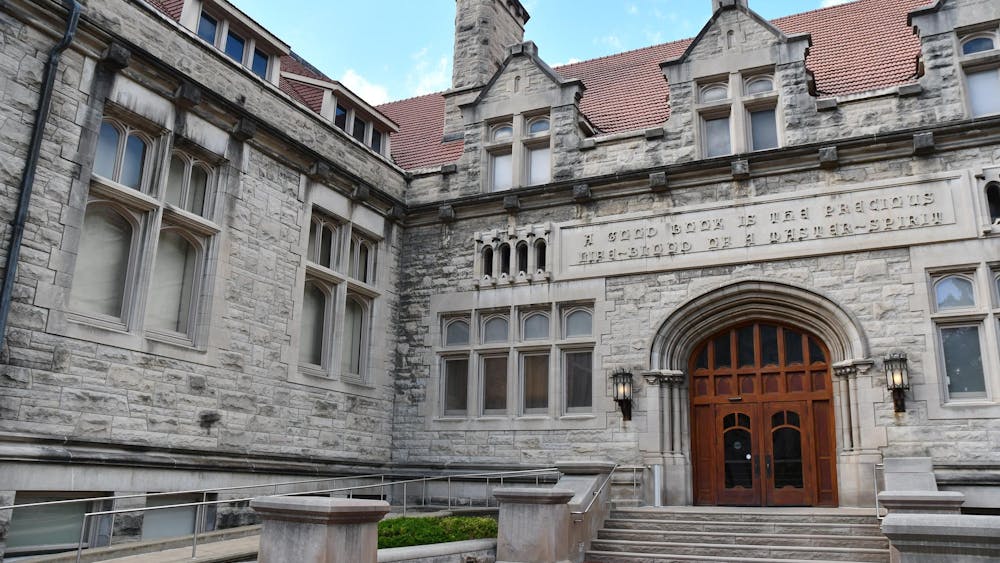It is true that many of the acceptance speeches during the Oscars on Sunday had more urgency to them than previous years, ranging from J.K. Simmons telling the audience to call their parents and John Legend demanding the U.S. alter its justice system that has “more black men under correctional control today than were under slavery ?in 1850.”
I’m not really going to dwell on how Fox News disdained how political last Sunday’s Oscars were while also bemoaning that “American Sniper” was snubbed because it was too political.
And this column isn’t going to be about deciding if this was a good or a ?bad thing.
I obviously think talking about issues is better than silence, because my head is the appropriate torso-distance from my rectum .
I’d rather talk about how people are responding to this phenomenon.
It used to be unheard of for Oscar recipients to deviate from the usual thanks to the academy, cast, agent, mentors, parents, spouse, kids, house pet, whatever.
Even a few years ago, getting too political would be scandalous and potentially hazardous to future casting opportunities.
As actors and other Hollywood figures have begun more involvement in humanitarian and political efforts, it was only a matter of time before it would begin to manifest in the forum that is easily the Western world’s biggest televised awards ?ceremony.
Yet, from newsrooms and Twitter feeds alike, there have been critics.
And sure, there are obvious, eye-roll-inducing ?ironies.
The ceremony featured a bunch of predominantly white people in positions of privilege, talking about issues rather than actively fixing them.
Patricia Arquette called for equal wages for women at an awards show that insists on having separate categories for male and ?female performers.
Academy president Cheryl Boone Isaacs spoke about the need to fight censorship when the lack of diversity in this year’s nominations was effectively a censorship of different experiences and viewpoints.
There’s also the fact that the speeches were still playing things relatively safe.
It’s not like someone tore a picture of the Pope in half on live television.
If you aren’t Fox and Frenemies, it was pretty agreeable stuff such as how we need to create a more open dialogue about mental illness, such as depression or Alzheimer’s disease, and how people shouldn’t feel bad about being ?different.
And sure, just talking about an issue is a pretty passive way of combating it, but that’s just the nature of the industry.
These Hollywood voices represent the rhetorical medium that is producing the empowering messages to invigorate people to carry out the change.
The fact that Oscar winners are electing to use their allotted acceptance speech time to give exposure to issues communicates to viewers these are issues they care about and want to confront.
Therefore, they are worth consideration at the least.
Personally, I find it terrific the Oscars have become more cognizant of the world outside the Dolby Theatre and are having conversations other than “Who are you wearing ?tonight?”
If this new brand of Oscars is too uncomfortably candid for you, then you can still find plenty of awards shows that aren’t so evolved.
You can catch the Teen Choice Awards in August.
gmleeds@umail.iu.edu





